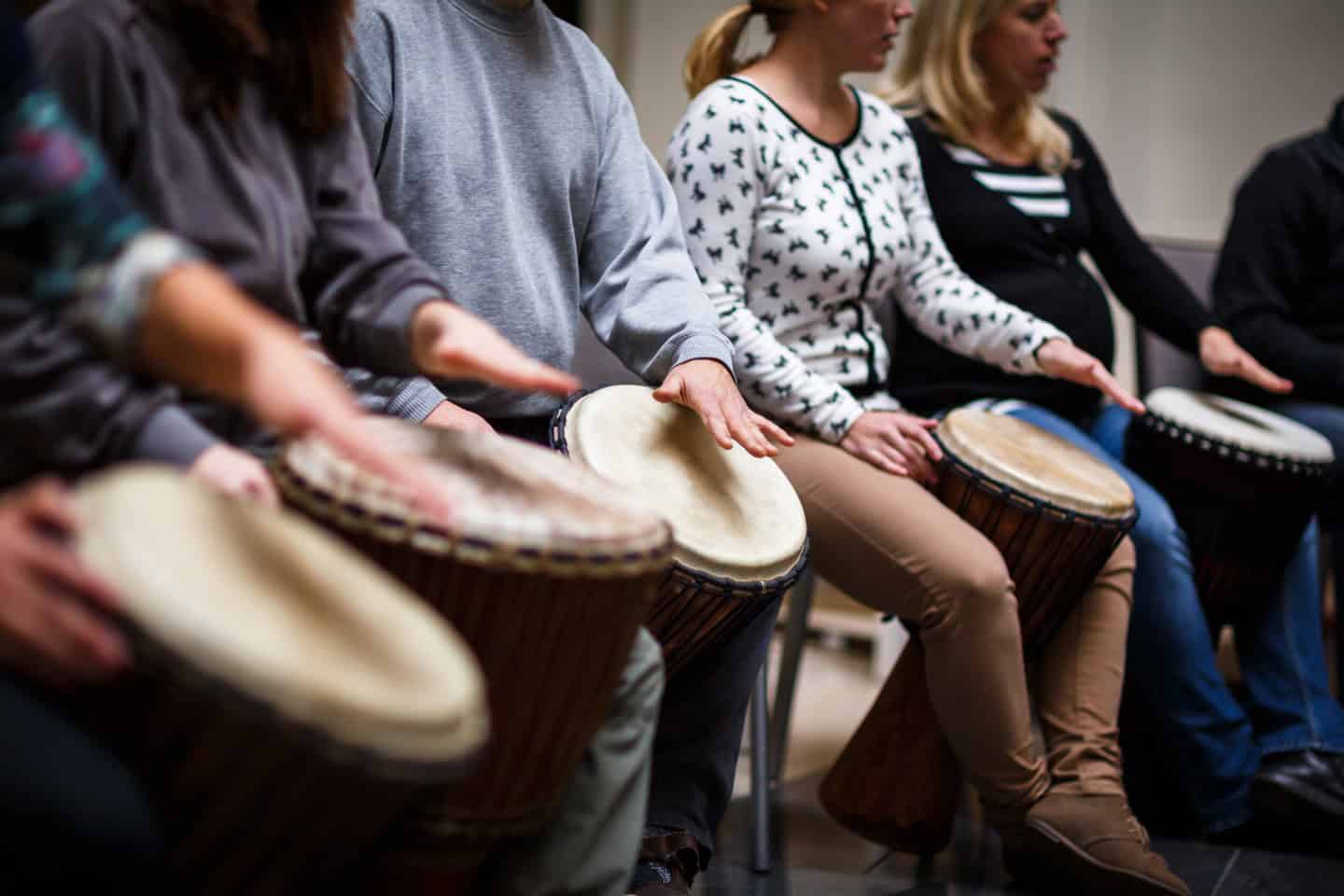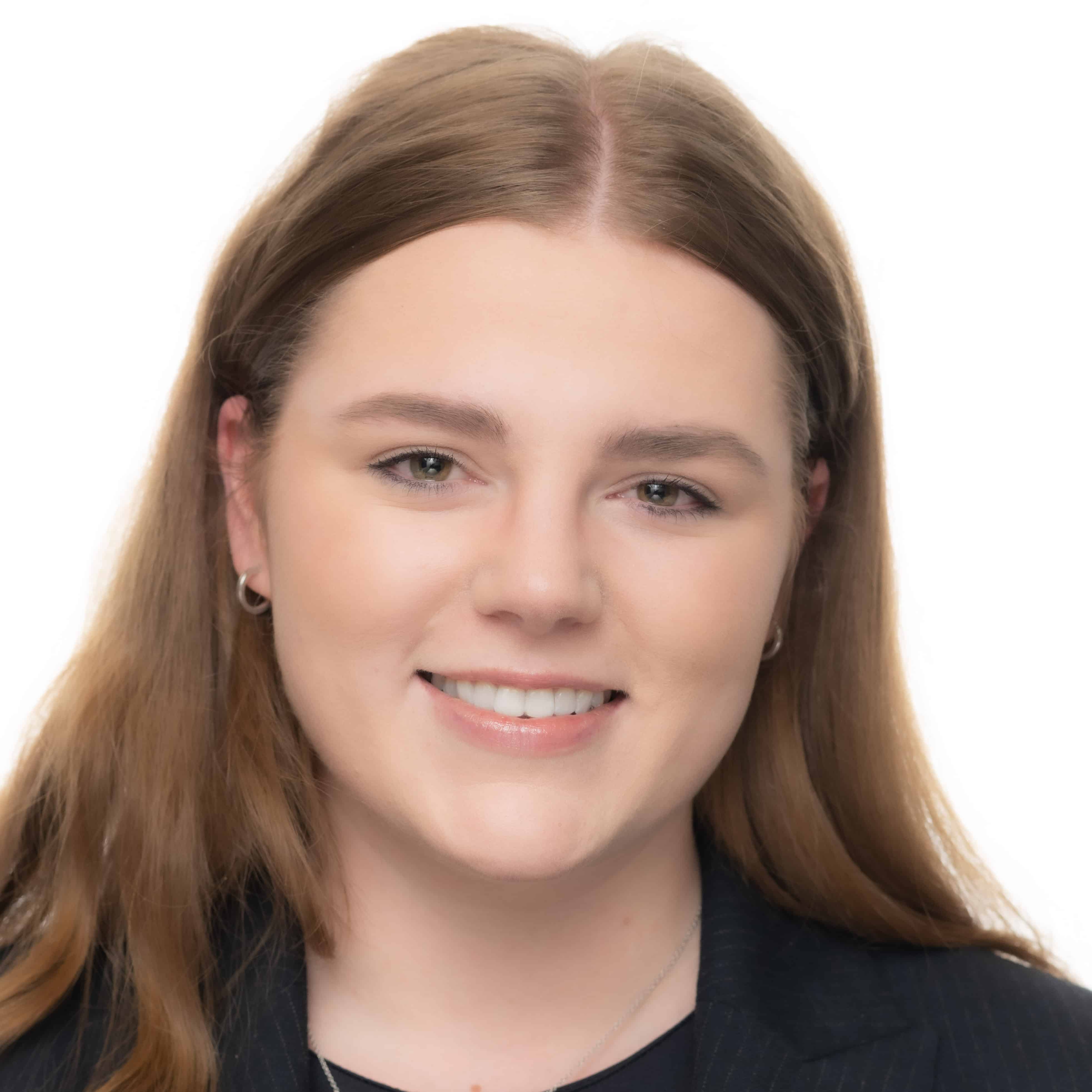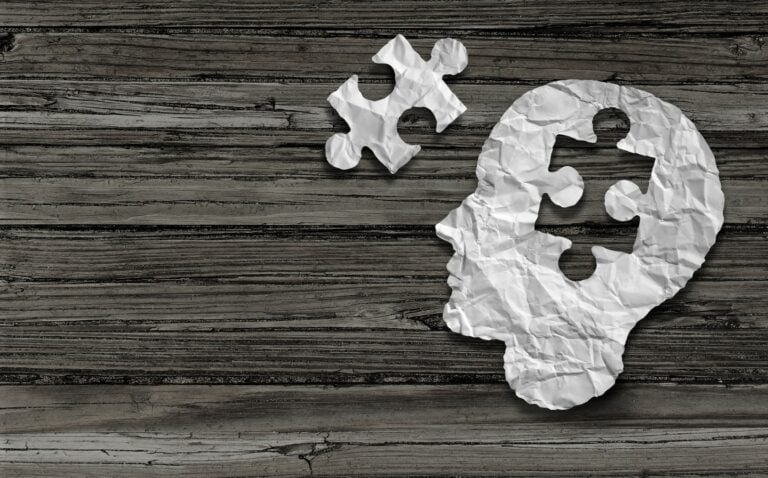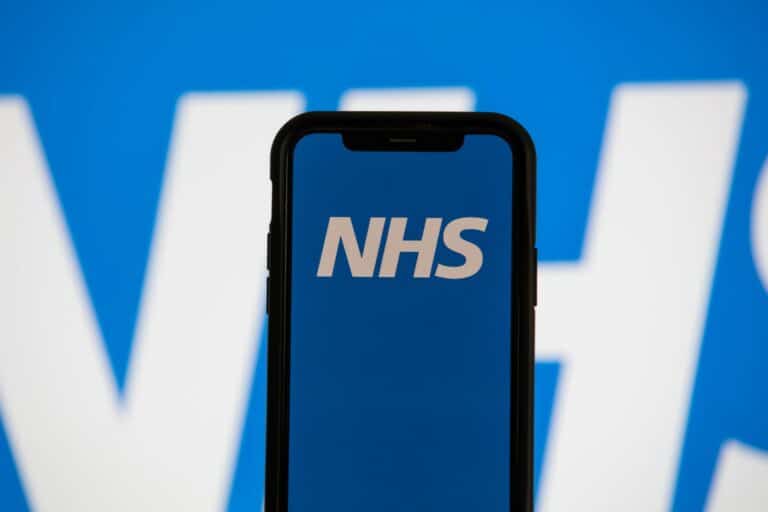
The benefits of music therapy in brain injury rehab – securing funding against the odds
Music therapy is a powerful holistic therapy for adults with acquired brain injury, but we at Bolt Burdon Kemp often must battle for alternative treatments like these for our clients.
I had the opportunity to see the potential of music therapy first-hand when I volunteered with the acquired brain injury group The Silverlining Charity recently and it validated exactly why we fight for emotional and well as physical support.
During the sessions, organised by music therapy charity Nordoff and Robbins, we gathered as a group and embarked on a musical journey using various instruments such as the piano, drums, tambourines and our own voices. We alternated between playing our favourite songs and freely improvising with the instruments, all while enjoying the magical experience of making music together.
It was evident to me that these sessions not only provided a fun and engaging activity, but also fostered social skills and improved confidence among the participants. So, it can be perplexing when claims for compensation to fund holistic therapies, such as music therapy, for our injured clients, are invariably challenged by defendants. Why is this, and how do we at Bolt Burdon Kemp approach and succeed in these claims?
First though, what are holistic therapies and how do they differ from conventional therapies?
What is holistic therapy?
Rehabilitative therapy can take different forms depending on the injured individual’s needs. Conventional therapies, such as physical, occupational, and speech therapies, as well as psychiatric care and social support, each target a specific ability, whether physical, mental, and/or cognitive (thinking and learning) and behavioural.
They aim, usually through a multidisciplinary approach, to help those injured get back, keep, or improve abilities needed for daily life.
Holistic therapies, on the other hand, focus on treating a human being as a whole person to help achieve this. Music therapy is one such holistic therapy, but there are others, such as art, drama and dance therapies.
The aim of holistic therapies is to target a wide range of physical and psychological goals, including cognitive function, physical abilities, and emotional skills, in an integrated way.
Conventional therapies, unlike holistic therapies, are evidence-based. This means that research has shown they produce results. Carefully designed trials and research have proved over the years conventional therapeutic methods are safe and effective.
Holistic therapies, like many unconventional therapies, unfortunately lack solid research on which to base sound decisions, so their dangers and benefits are still largely unproven. This is not to say that there are no benefits – just that solid scientific evidence to prove their benefits is lacking.
What is music therapy and how can it help those with a brain injury?
According to the American Music Therapy Association, music therapy is “clinical and evidence-based use of music interventions to accomplish individualised goals within a therapeutic relationship by a credentialed professional”.
To put it another way, music therapy is, essentially, the use of music interventions to support the psychological, emotional, cognitive, physical, communicative and social needs of those whose lives have been affected by injury, illness or disability.
Music therapy can include listening to music or creating music with instruments of all types. It may also involve using the voice or moving to music. Improvisation – making music up on the spot in response to a mood or a theme – can also play a part of music therapy. The interaction between a person and their music therapist is a key aspect.
Music therapy has a multitude of benefits for those with brain injuries. For a start, it creates a safe space to deal with difficult emotions that often accompany living with such an injury. Music therapy allows individuals to express these emotions, offering a sense of relief, stress reduction, and emotional healing.
Additionally, music therapy plays a vital role in re-building social skills. Many individuals with brain injuries often feel excluded from society and experience feelings of loneliness. However, music therapy with its communal nature, brings people together as a team to make music. This not only reduces feelings of isolation but also encourages social interaction and the development of social skills.
Music with a strong consistent beat may help with mobility. Rhythmic auditory stimulation (RAS) is a neurological music therapy technique that uses the physiological effects of rhythmic motor cueing to help improve gait velocity, stride length, and gait cadence in stroke survivors, helping them regain motor function and mobility.
Moreover, music therapy allows for the inclusion of hobbies and interests from the individual’s life before the accident. By incorporating these pre-injury interests, music therapy helps to mitigate the sense of loss of identity and enables individuals to continue engaging in the activities they loved before their injury.
What are the challenges of claiming compensation for holistic therapies?
Defendants invariably challenge claims for the cost of music therapy, arguing there is no evidence supporting the clinical benefit of music therapy and, therefore, that the cost cannot be justified. They also often argue the therapeutic need does not arise from the disability: that the same or similar expenditure would have been incurred on behalf of the injured person in any event. For example, the person would have had music lessons anyway, even if they had not been injured. If the court agrees with the defendant’s arguments, the claim for music therapy will not succeed.
How can we help?
At Bolt Burdon Kemp, we are fully committed to ensuring that our clients have access to therapies that are beneficial to their recovery. The key is to provide the court with more than just evidence that the claimant enjoys a particular activity; there must be a medical, therapeutic value. Evidence to support claims for these unconventional therapies is of prime importance.
Our approach is to seek interim payments of compensation at the earliest possible opportunity to fund therapies that will help our clients. We appoint specialist brain injury case managers, who will engage specialist therapists to work with our clients, incorporating their pre-injury hobbies and activities, such as their love of music, into their rehabilitation process.
We gather evidence, including the music therapy records, witness statements, and specially commissioned video evidence, to show how our clients gain from the therapy. This may illustrate, for example, that clients who may struggle to communicate or engage with conventional therapy after a brain injury, are more motivated to interact with a therapist where the activity is something they love.
With the support of this and expert evidence, we have succeeded in recovering compensation for music therapy for many of our seriously brain-injured clients, despite challenges from the defendant.
For some clients of the Adult Brain Injury team, music therapy has proved to be a particularly powerful tool in their rehabilitation. By way of example, following a hypoxic brain injury due to a bacterial infection, one of our clients was cortically blind and struggled to speak, often stuttering, or slurring their words so that it was a struggle to interpret and understand what they were trying to say. They also had little movement in their right arm or leg. With a love of music from childhood, music therapy served to unlock their potential for play, interaction and communication and offered much-needed emotional support.
Measurable goals included:
- Using familiar musical material to trigger automatic speech.
- Controlled playing of wind instruments and singing on specific vowel and consonant sounds to improve oral motor control.
- Independent exploration of instruments to make choices, rather than wait for an instrument to be placed in their hands.
- Developing rhythmic coordination of hand movements and encouraging the use of their right hand to play drum and piano where possible.
With the evidence we gathered, we were delighted to recover the claim for music therapy for this client in full – a significant sum.
At Bolt Burdon Kemp, we will always strive to support our clients to get access to the therapies that will best aid their rehabilitation and we pride ourselves on pushing the boundaries of what can be recovered in a claim.
While conventional therapies like physiotherapy, occupational therapy and talking therapies have their essential place, less conventional therapies – especially if they tap into a person’s pre-injury hobbies and interests – can be incorporated into their rehabilitation, and help them regain a sense of normalcy in their lives.
By gathering persuasive evidence, we can and do succeed in recovering compensation for these valuable holistic therapies.










